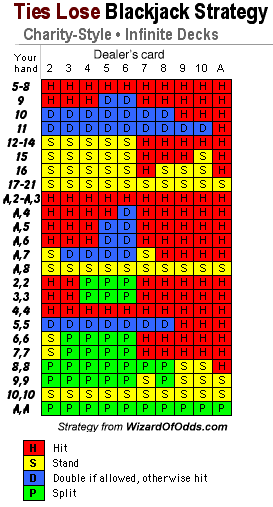Texas Holdem Tda Rules
Texas Holdem Tda Rules List
2019 Poker TDA Rules; Player Responsibilities; Dealer Responsibilities; Table Captain Duties; Final Table Chopping; Dealer’s Choice Games; 2021 Board Members; Tournaments. Tournaments Games; Current Month Schedule; Tuesday Team; Thursday Team; 2020 Weekly Results; Late arrival procedure!! Cash & Other; Tips. Texas Hold’em Tips; Videos. Texas Hold’em Poker Rules This is a short guide for beginners on playing the popular poker variant No Limit Texas Hold’em. We will look at the following: 1. The betting options 2. The positions 3. The flow of action 4. The hand rankings 5. Eginner’s terminology We’ll also discuss our top 10 poker terms that every player. Texas Hold'em No-limit and pot-limit games, without exception. In limit games, when there are three or more players involved and all players have not gone all-in, games with two betting rounds (draw or lowball) will allow a bet, plus four raises. In a game which involves three or more betting rounds, the maximum raises allowed are three. Texas Hold’em Rules – an Idiot’s guide By Thomas Nielsen — on April 7th, @ 13:11 PST Every player is dealt two cards, known as ‘hole cards’ and each player then decides whether to bet or fold their hand, depending on whether they think they will win the hand. The dealer then draws three cards and puts them face-up on the table.
- A card face up in the deck. By rule a boxed card is dead and disregarded, and replaced with the next card off the deck.
Texas Holdem Tda Rules Regulations

Occasionally, while the dealer is scrambling and shuffling the deck in between hands, one or more cards will accidentally be shuffled face up into the deck. Shuffle machines will also do this from time to time. A card that is shuffled into the deck face up is called a “boxed card.” Usually, a boxed card will be discovered while the hand is in progress, when it is on the top of the deck. Rules have been developed to deal with this situation, and those are different from rules regarding unintentionally exposed cards.
In most games (excepting stud), the dealer is required to replace down cards that he unintentionally exposes (not a boxed card). To do this, the dealer completes the deal, and only after the deal is completed, replaces the exposed card with the next card off the deck. This keeps everybody else’s hand from being altered.
 A boxed card is treated differently. A boxed card is completely disregarded. It is removed from the deck and placed in the muck. The dealer gives the player who would have received the boxed card the next card off the top of the deck, rather than completing the deal and then replacing the boxed card. There is a logical justification for this different treatment. An exposed card was, at one time, in play. Because the card was exposed it must be replaced, but there is an obligation to keep the other hands untouched. To do this the dealer first delivers all hands as they would have been, and then replaces the exposed card, altering only that one hand. A boxed card, on the other hand, was never in play. Because of this, it is placed in the muck, and disregarded. Because a player cannot receive a dead card, the next card off the top of the deck is delivered instead. Since the boxed card was never in play, no hand is altered.
A boxed card is treated differently. A boxed card is completely disregarded. It is removed from the deck and placed in the muck. The dealer gives the player who would have received the boxed card the next card off the top of the deck, rather than completing the deal and then replacing the boxed card. There is a logical justification for this different treatment. An exposed card was, at one time, in play. Because the card was exposed it must be replaced, but there is an obligation to keep the other hands untouched. To do this the dealer first delivers all hands as they would have been, and then replaces the exposed card, altering only that one hand. A boxed card, on the other hand, was never in play. Because of this, it is placed in the muck, and disregarded. Because a player cannot receive a dead card, the next card off the top of the deck is delivered instead. Since the boxed card was never in play, no hand is altered.In situations where more than one boxed card appears, the entire hand may be ruled dead, or a misdeal.

